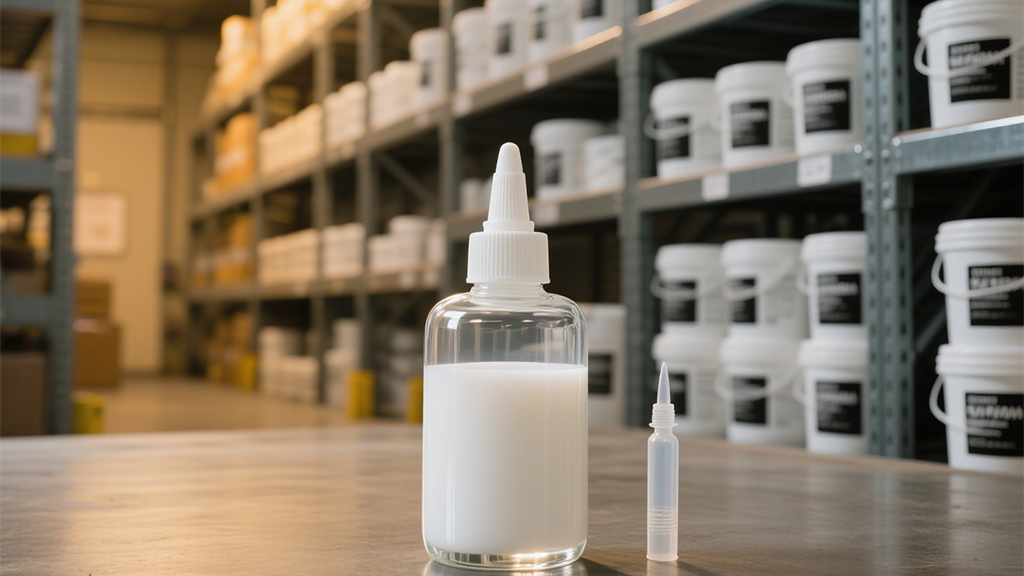Waterbased acrylic PSA production efficiency refers to the optimization of processes, equipment, and resource use in manufacturing water-based acrylic pressure sensitive adhesives, aiming to reduce costs, minimize waste, and increase output while maintaining quality. Key strategies include adopting fully automated production lines with digital control systems to monitor and adjust parameters (temperature, pH, mixing speed) in real-time, ensuring consistent emulsion polymerization and reducing batch variability. Advanced reactor designs, such as continuous stirred-tank reactors (CSTRs) or loop reactors, enable higher throughput compared to batch processes, with shorter cycle times and reduced labor requirements. Raw material efficiency is enhanced through precise dosing systems that minimize overuse of monomers (e.g., 2-ethylhexyl acrylate, acrylic acid), initiators, and additives, while recycling water from washing steps reduces freshwater consumption and wastewater treatment costs. Energy efficiency measures, such as heat recovery systems (capturing heat from polymerization exotherms to preheat raw materials) and low-energy drying technologies (infrared or microwave drying for adhesive films), lower utility expenses. Quality control is integrated into production via inline testing (viscosity, solids content, tack) to identify issues early, reducing rework and scrap. Lean manufacturing principles, such as 5S and just-in-time inventory, streamline workflows and reduce downtime, while predictive maintenance (using sensors to monitor equipment health) prevents unplanned stoppages. Manufacturers like E Plus Chemical Co., Ltd. leverage their integrated industrial chain—from monomer synthesis to emulsion production—to optimize material flow and reduce logistics delays. These efficiencies not only lower production costs but also enable faster response to market demand, supporting the scalability of waterbased acrylic PSAs in high-volume applications like packaging and labeling.
